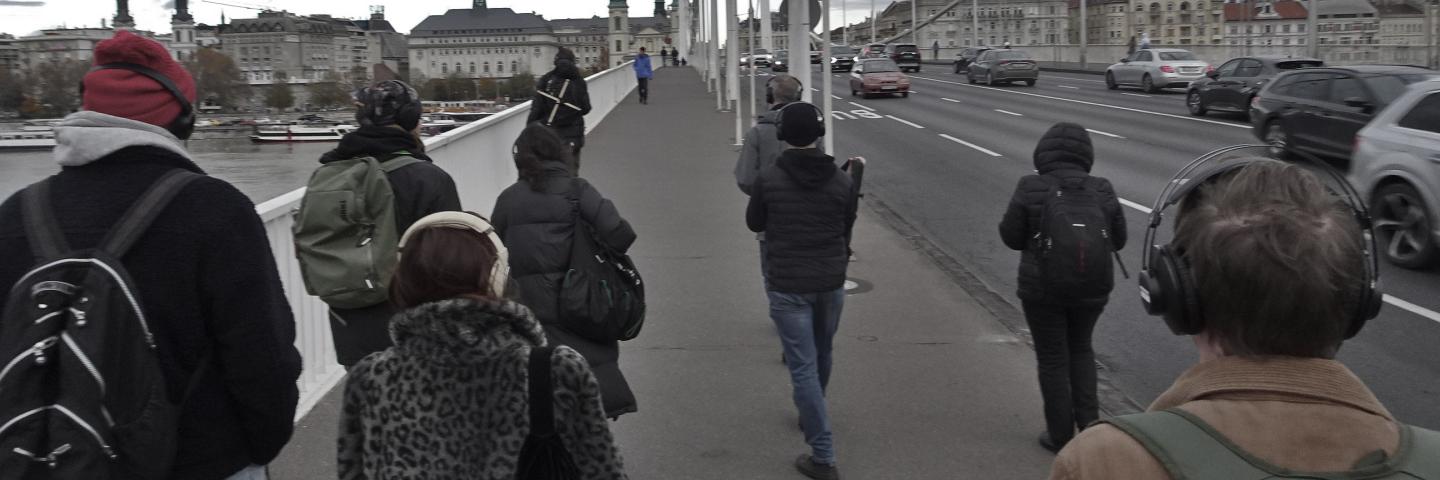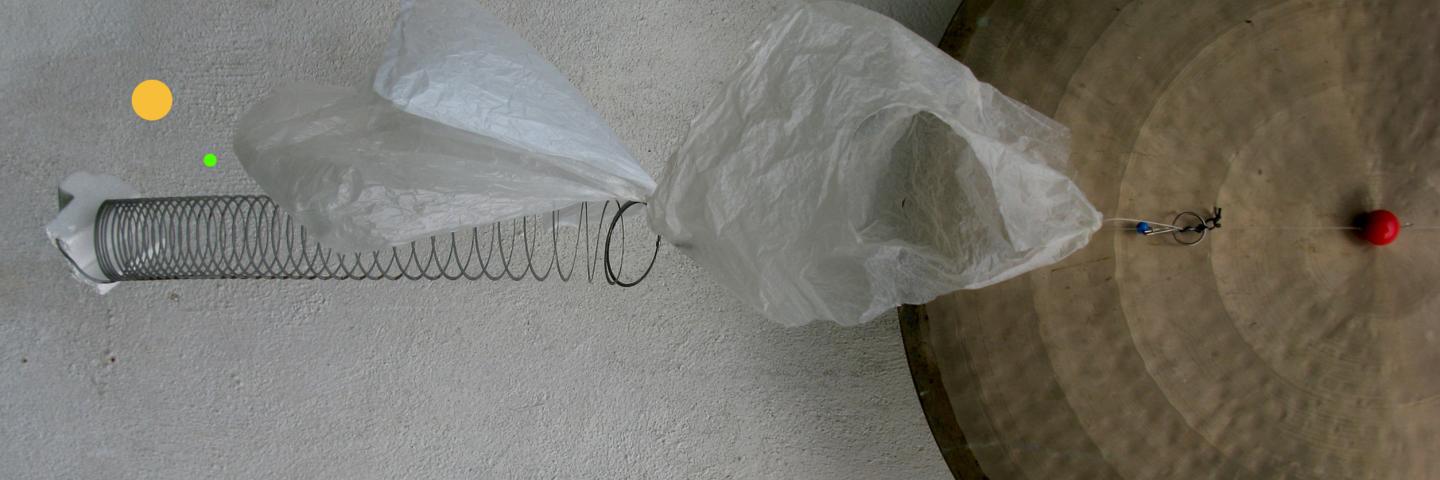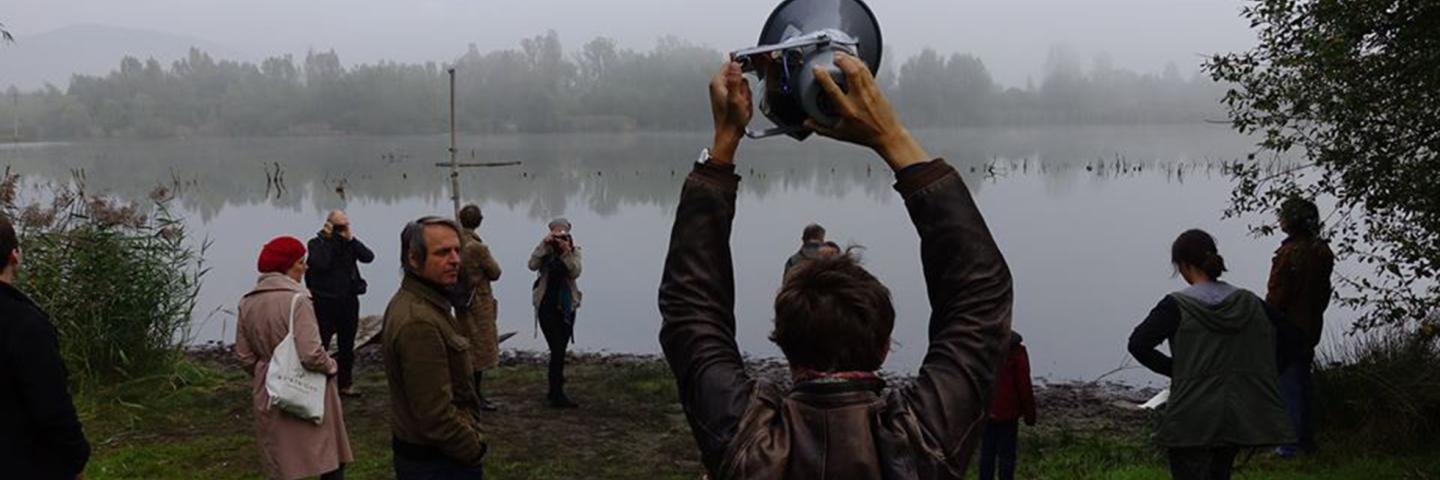Rosi Braidotti

Rosi Braidotti je jedna ze zakladatelek evropských feministických studií: založila meziuniverzitní síť NOISE a globálně-společenskou síť pro feministická studia ATHENA, kterou řídila až do roku 2005. V letech 2005–6 působila jako hostující profesorka na Birkbeck College; v letech 2002-3 byla hostující profesorkou na Evropském univerzitním institutu ve Florencii; a v roce 1994 působila jako výzkumnice na fakultě sociálních věd na Institute for Advanced Study v Princetonu.
is a contemporary philosopher and feminist theoretician. Influenced by philosophers such as Gilles Deleuze and especially French feminist thinker Luce Irigaray, Braidotti has brought postmodern feminism into the Information Age with her considerations of cyberspace, prosthesis, and the materiality of difference. Braidotti also considers how ideas of gender difference can affect our sense of the human/animal and human/machine divides. Braidotti has also pioneered European perspectives in feminist philosophy and practice and has been influential on third-wave and post-secular feminisms as well as emerging posthumanist thought.
She was born 1954 in Italy, grew up in Australia and after she moved on to do her doctoral work at the Sorbonne, where she received her degree in philosophy in 1981. She has taught at the University of Utrecht in the Netherlands since 1988, where she was appointed as the founding professor in women’s studies. In 1995 she became the founding Director of the Netherlands research school of Women’s Studies, a position she held till 2005.
Braidotti is a pioneer in European Women’s Studies: she founded the inter-university SOCRATES network NOISE and the Thematic Network for Women’s Studies ATHENA, which she directed till 2005. She was founding director of the Centre for the Humanities from 2007 until 2016. Braidotti is currently Distinguished University Professor at Utrecht University.
Braidotti’s publications have consistently been placed in continental philosophy, at the intersection with social and political theory, cultural politics, gender, feminist theory and ethnicity studies. The core of her interdisciplinary work consists of four interconnected monographs on the constitution of contemporary subjectivity, with special emphasis on the concept of difference within the history of European philosophy and political theory. Braidotti’s philosophical project investigates how to think difference positively, which means moving beyond the dialectics that both opposes it and thus links it by negation to the notion of sameness. The ethical dimension of Braidotti’s work on difference comes to the fore in the last volume of the trilogy, Transpositions: On Nomadic Ethics, 2006. Here she surveys the different ethical approaches that can be produced by taking difference and diversity as the main point of reference and conclude that there is much to be gained by suspending belief that political participation, moral empathy and social cohesion can only be produced on the basis of the notion of recognition of sameness. Braidotti makes a case for an alternative view on subjectivity, ethics and emancipation and pitches diversity against the postmodernist risk of cultural relativism while also standing against the tenets of liberal individualism. Throughout her work, Braidotti asserts and demonstrates the importance of combining theoretical concerns with a serious commitment to producing socially and politically relevant scholarship that contributes to making a difference in the world. Braidotti’s output also included several edited volumes. Her work has been translated in more than 20 languages and all the main books in at least three languages other than English.
In 2022, Braidotti published Posthuman Feminism, a text that helps establish a theoretical foundation for posthuman feminism, an alternate strand of posthumanism that seeks to move beyond Enlightenment humanism, embrace the nonhuman, and imagine how technology is changing our lives while still centering social justice issues of gender, race, and class.
In The Posthuman (Polity Press, 2013), Braidotti offers both an introduction and major contribution to contemporary debates on the posthuman. As the traditional distinction between the human and its others has blurred, exposing the non-naturalistic structure of the human, The Posthuman starts by exploring the extent to which a post-humanist move displaces the traditional humanistic unity of the subject. Rather than perceiving this situation as a loss of cognitive and moral self-mastery, Braidotti argues that the posthuman helps us make sense of our flexible and multiple identities.
Braidotti then analyzes the escalating effects of post-anthropocentric thought, which encompass not only other species, but also the sustainability of our planet as a whole. Because contemporary market economies profit from the control and commodification of all that lives, they result in hybridization, erasing categorical distinctions between the human and other species, seeds, plants, animals and bacteria. These dislocations induced by globalized cultures and economies enable a critique of anthropocentrism, but how reliable are they as indicators of a sustainable future?


















